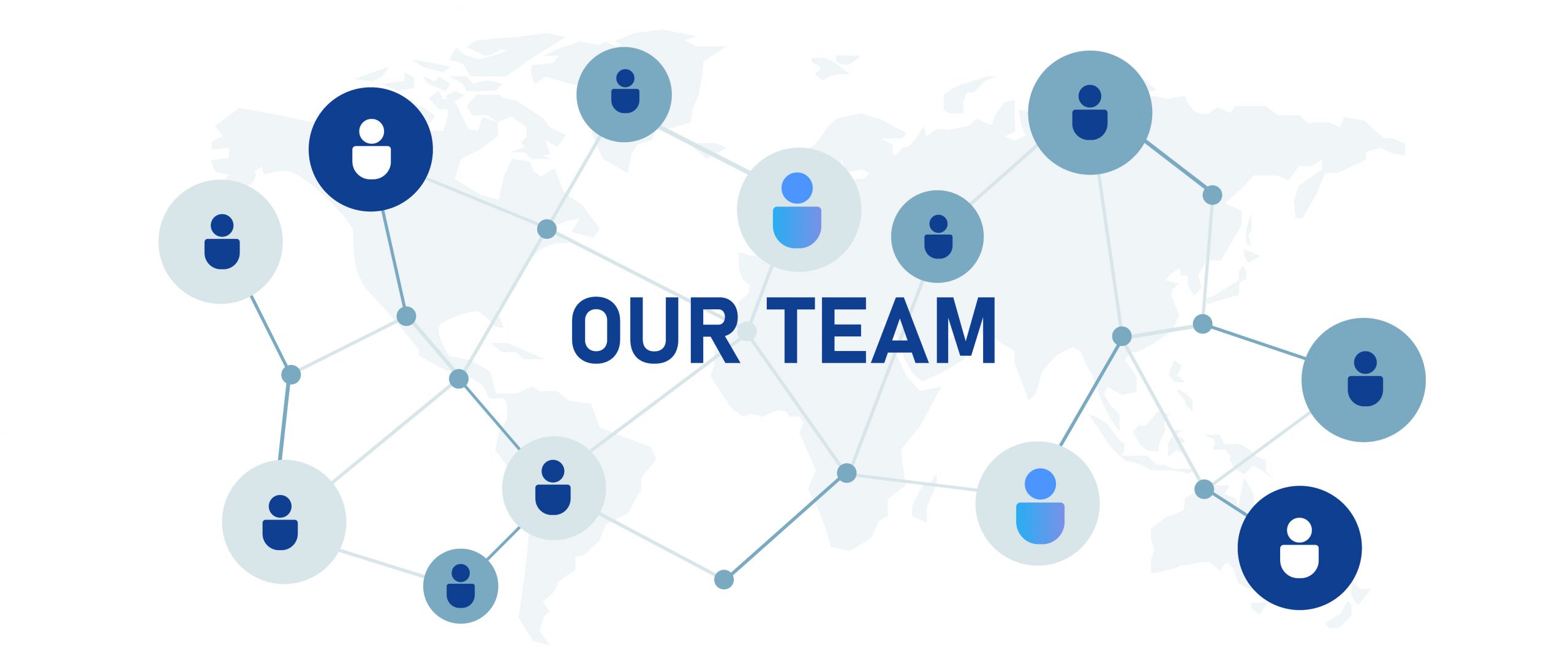After the last blog post, I received feedback from industry experts that use cases for Artificial Intelligence (AI) in Air Cargo would be interesting to cover! So, here we go:
In our opinion, it can be used to generate insights from data analytics in a more automated way. Also, optimizing the exchange of data amongst supply chain members would be a great use of AI. What about optimizing build-, and break processes using predictive analytics? We are aware that it is on some of the IT supplier’s roadmaps to optimize these processes with the use of technology.
Optimizing load and resource provisioning
I wonder why AI could not also be used to optimize the way we load cargo into an airplane after having built a pallet? Maybe someone is already working on that solution out there, if that is the case, do not hesitate to contact me…
Furthermore, smart resource planning could happen with AI as well, e.g. by generating forecasts of demand and services delivered in the Air Cargo industry. This use case concerns airlines which would like to make sure they use their resources in the most effective way.
Allowing an optimization of pricing with AI?
If we continue to dream about what AI could do for us as an industry, let us dream big! Optimizing the pricing models by feeding bots with historic prices, fluctuations and market conditions, that could become reality rather sooner than later.
Another use case that comes to mind is my favorite topic: Printed Airway bills (AWB). My biggest wish for the usage of AI would be that it facilitates a smooth industry-wide introduction of e-AWB’s. Not only should it help us digitalize our industry more, but ideally, it could screen the supply chain for risk factors, further enhancing our security screening.
Improved IT Applications due to machine learning
Having visited some exhibitions such as the Air Cargo Handling conference in Athens last year, I remember a lot of panels surrounded technical optimization in our industry. Also, I know that some IT suppliers were the rockstars in IT developments, demonstrating their ability to make use of machine learning in their software applications.
I personally believe that, as an industry, we should strive for even more innovation, intelligent use of advanced tech and collaboration, in order not to be left behind. That being said, I must say I am excited to see what the future holds in regard to the ChatGPT’s, enterprise-custonmized bots and predictive analytics tools. One thing is certain: It will push us forward. Sticking with what we’ve always done well will only hold us back as it narrows our perspective.




